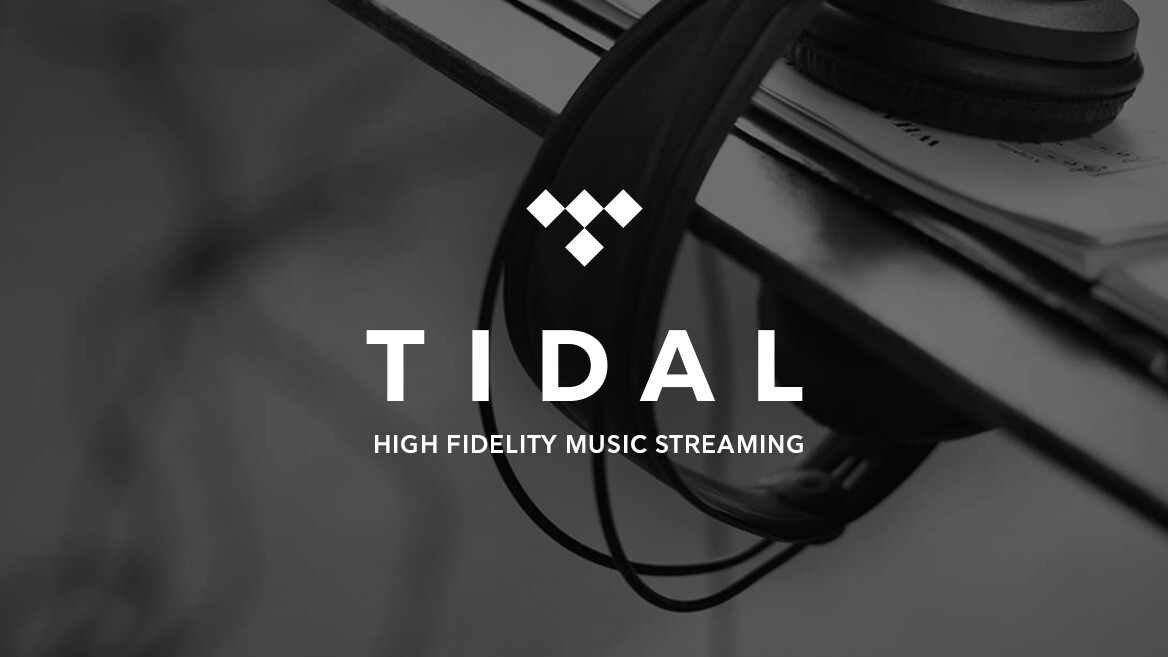
Tidal, the music service whose owner forgot he bought it, has rocketed up the app charts this week thanks to being the only place where you can stream Beyoncé’s new album, Lemonade.
According to App Annie, the app – which has struggled to break into the top 500 for the best part of a year – has become popular again, reaching the top 10 in Apple’s iOS App Store.

Beyoncé, who is married to Tidal owner, Jay Z, has not released the album anywhere else. But, even if you’re a die-hard Bee fan, you should avoid the temptation of stumping up the $9.99 fee just so you can get your music fix.
For one, there is no guarantee that Beyoncé’s album will remain exclusively on the platform – we have a one Mr Kanye West to thank for that. In fact, reports suggest its already on its way to iTunes.
Just last week, pissed fans launched a lawsuit after West’s Life of Pablo album – which was supposed to be only available on Tidal, hit other streaming services.
That was after the album had been pirated more than 500,000 times. Tidal was built, under its current owners, as a service that brought fans closer to their favorite musicians – while giving them a bigger share of the profits.
While that goal may soon admirable – and attempts to keep musicians in a position to focus on making music should be applauded – Tidal has been run so terribly that I don’t think it’s going to survive for very much longer.
For starters, the company seems inept at dealing with record labels when things go awry. Earlier this year, a Tidal executive pointed the finger at Universal Music Group for the alleged leak of Rihanna’s new album.

Universal Music Group flashed back with, “We delivered the content exactly to their specs. It’s something we do every day on a global basis. They are trying to pass blame for their own incompetence.”
When the world’s biggest music company calls you incompetent, you might want to re-think your strategy. But Tidal hasn’t stopped there.
It has consistently bungled to build on the goodwill that came with arguably hip-hop’s most financially successful artist buying into the streaming business.
Jay Z attempted to sue Tidal’s previous owners for lying about its subscriber numbers. It has attempted to get into the loss leading TV business, with little or no success.
In fact, more than two thirds of music executives believe the service will be dead by the summer. I actually found it hard to find anywhere on the Web where Tidal escaped the rancor of the music and tech presses.
Which is a massive shame, and a far cry from the original concept born in Scandinavia. WiMP was a niche service that offered high quality audio paired with impressive amounts of music journalism to help create something that was for people who genuinely loved and cared about the music they listened to.
Neither Spotify, or Pandora, the two dominant music services at the time, offered that. But since then, a lot has changed in the music streaming industry.

The big boys, namely Apple, Google and Amazon all want a slice of this growing pie. That should be worrying to anyone in this business. Why? Cost.
These three companies are more than happy to run these products at a loss, for years if necessary. It’s a strategy that slowly starves the smaller fish that don’t have mountainous cash reserves, leaving them to scoop up the remains and consolidate the business. It’s been quietly happening to the music industry for years.
Spotify, with its 30 million paying subscribers operates at a loss. It has raised more than $2 billion dollars to make it the service that it is today.
Pandora, with its 81 million listeners has spent more than a billion dollars on marketing since 2009. Throw in another $212 million of product development costs, Pandora lost $169 million last year.
What does this all mean? It means that if Tidal wants to survive, it’s going to need to get its shit together, and be prepared to spend a hell of a lot of money to keep it in the game.

With rumours circling that Jay Z is looking for an out, with Samsung allegedly first in line to take over the service, do you want to pay for something that could be gone in six months?
I’ve invested in ecosystems before only to see them disappear. Bitcasa was one of them – but it has just abandoned its consumer service.
I remember how annoying it was to move away from my iTunes library to streaming. Upheaval, whether it be offline or online is a shitty experience. I wouldn’t climb on board Tidal’s sinking ship, even if it was the only way for me to (legitimately) listen to the music I love.
So, Beyoncé fans, my advice to you would be to buy a packet of cassettes, a radio player with a tape deck, and build your music playlists the old fashioned way.
Get the TNW newsletter
Get the most important tech news in your inbox each week.




